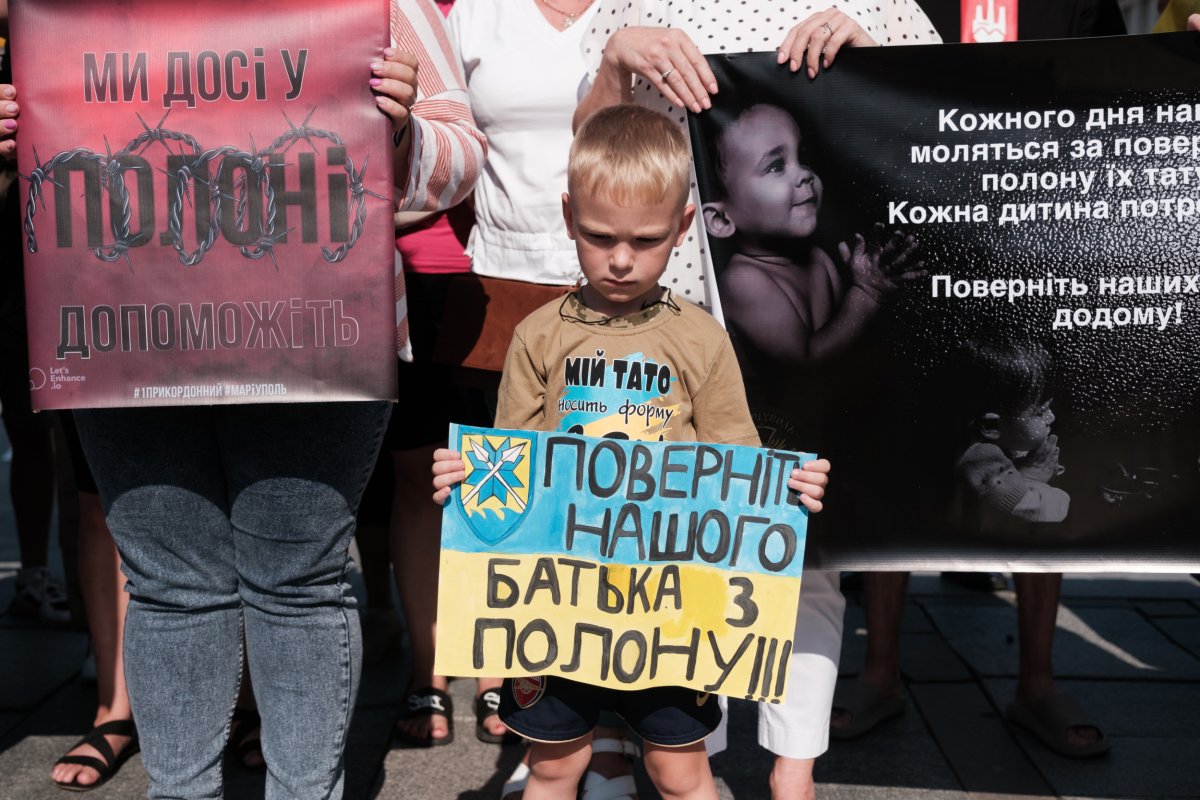Many years ago, I was widowed with two very young sons. At nearly the same time, a dear friend suffered a catastrophic death of her young child. Together, my friend and I would walk in trances of grief and try desperately to make sense of the injustice of our respective losses. Our losses were different. Each catastrophe uniquely bludgeoned our hearts and bore holes that we carry today.
From those heart-wrenching months and years, I learned not to compare catastrophes. And that one new catastrophe does not make the previous tragedy any less worthy of our compassion.
Today, in the safety of our kitchens, commuter trains, and home offices, we collectively clutch our chests at yet another world catastrophe. Ukraine is bombed daily. Hundreds of thousands of humans slaughtered, children orphaned, kidnapped, and traumatized; the horror and carnage dragging on for more than 21 months. Meanwhile, terror and hunger shatter lives in Sudan. In Turkey, thousands are crushed indiscriminately by earthquakes and aftershocks. Now, we watch aghast the carnage, death, and wreckage in Israel and Gaza. Catastrophes by the hundreds of thousands. People's lives and livelihoods devastated. Children in each of these places are orphaned, maimed, and left to try to make sense of a senseless world.
As our laptops, phones, and TV screens deliver yet another entrée in the smorgasbord of catastrophes, we ponder our responses. We shape—likely partially informed—opinions based on our personal histories, religions, politics, and assumptions. We wonder how it could come to this, how can we find our way out of this, and, ultimately who and how can we help.
What I know, three decades after my own catastrophe, is that each crisis carries the same magnitude of harm to each of our human brothers and sisters. Ukraine, Turkey, Sudan, Israel, Gaza—the wrenching screams of pain from a child's throat are the same. The broken hearts of the mothers—the hundreds of thousands of mothers who have lost sons and daughters at war—their hearts are as pulverized as the hearts of the mothers of those lost in earthquake, flood, and famine. Each place we look, our media shows us photos that are the worst of the worst. Each is the worst catastrophe of all.
Our responses, now, are what matter. It is tempting to focus on one world trauma and then, as media's cameras move, quickly divert to the next, then the next. The lives shattered last week quickly relegated to forgotten in the face of new images and a new war. But long after the world's camera lenses shift focus to the next catastrophe, the lives shattered by the last remain in pieces.
Around the world, simultaneously, so many need the help from those of us who can. Keep a long memory when the world's cameras turn to the next catastrophe. The one from yesterday lingers and still demands our generosity, love, and care.

And, like a real-life smorgasbord, at some point there is too much; too much heartbreak to see, too much despair to digest, too much loss to count. Yet, staying focused—caring—is exactly what each of these shattered lives demands us to do. This week, I'll return to Ukraine with the nonprofit I helped found for our seventh humanitarian aid trip to orphanages and safe houses. We'll return again and again because those children of war remain worthy of our attention.
Each catastrophe needs us—you, me, each of us—to act when and how we can. And keep acting. We can't help everyone. But we can each help someone.
Susan Mathison co-founded the New England-based grassroots nonprofit CommonManForUkraine.org after working for 30 years at the USDA Forest Service. This week, Mathison is leading her seventh humanitarian aid convoy to Ukrainian orphanages and safe houses.
The views expressed in this article are the writer's own.
Uncommon Knowledge
Newsweek is committed to challenging conventional wisdom and finding connections in the search for common ground.
Newsweek is committed to challenging conventional wisdom and finding connections in the search for common ground.
About the writer
To read how Newsweek uses AI as a newsroom tool, Click here.






